Front lawn 1
How can we best turn our weed-infested lawn into a sustainable garden?
As often as we've scattered seeds, our lawn just wants to grow them weeds.
I'd give up dandelions for good,
In favor of sustainables, and some veggies and herbs for salad and food.
But nothing too chaotic; mostly local, not exotic.
Keep it simple, not extensive--done by us, so not expensive.
See the photos. Here's the question:
Got a DIY suggestion?
Front lawn 2
Front walk
Side lawn
Related Discussions
GNATS - How to get rid of them?
Somehow my house and garden got tiny gnats that killed my fuchsia plant and fly everywhere. I have tried ALL the Web recommendations - soap and oil dishes, sand in th... See more
Marigolds growing! Should I pinch the buds?
My marigold plants are growing. I heard that pinching the buds until Autumn will allow them to grow without killing the plant. Is this true?
Growing garlic
Growing our first garlic, should we wait until the leaves are drying out before we pick it? Husband picked first one today along with our first potatoes.
How to keep mice out of your garden?
Hi everyone, I have mice in my garden destroying my vegetables and I have also noticed them in the barn and shed. Please can someone tell me how to prevent them from ... See more
What's the best flower/plant to grow in Texas?
I know that opinions vary, but what's your opinion?!I have great luck w Rosemary plants. Green all year long.
How do i get rid of a stubborn weed, common purslane?
Hello, Does anyone know how to get rid of common purslane? I keep pulling it out and it's trying to take over my veggie garden.Help! Melinda
What is the easiest way of getting gravel out of grass?
We removed a deck in our backyard and now the lawn next to it is full of gravel. I tried using a rake but that did not work well. I would love any advice on an easy w... See more
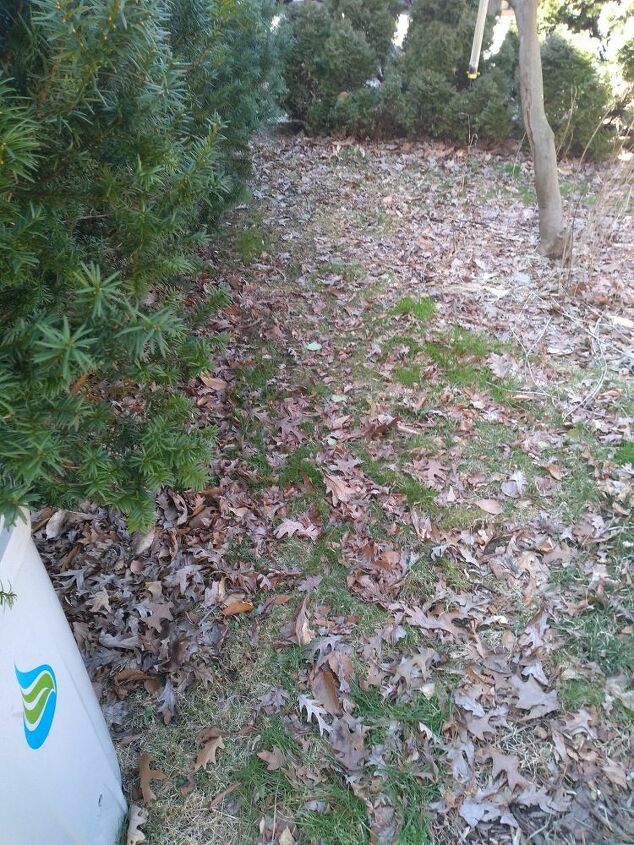



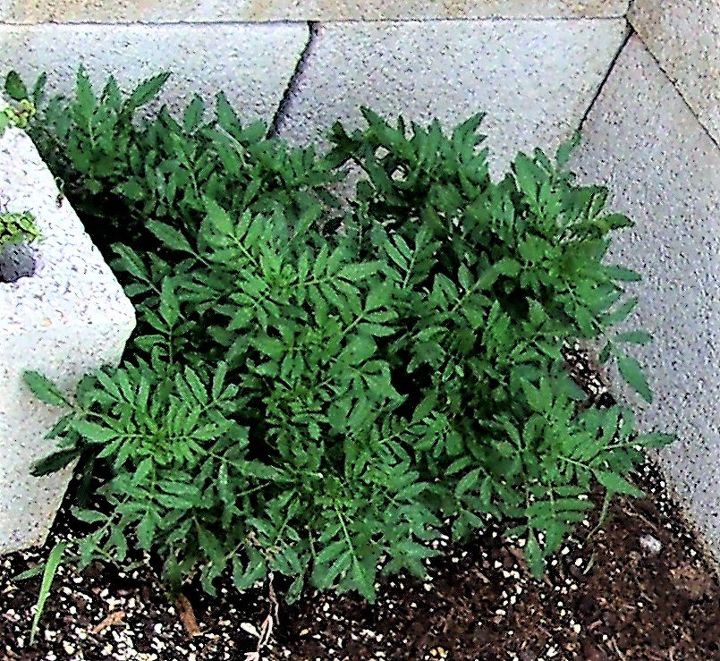
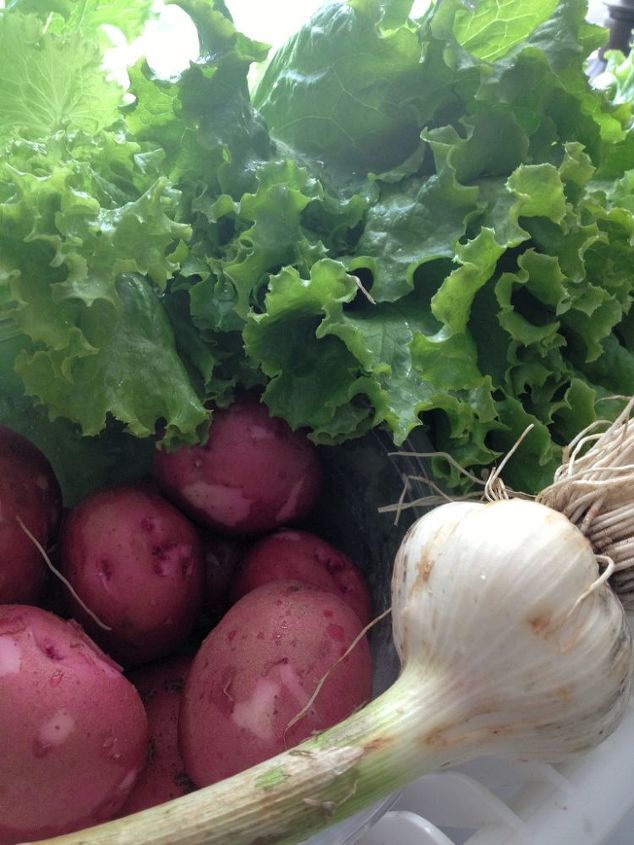
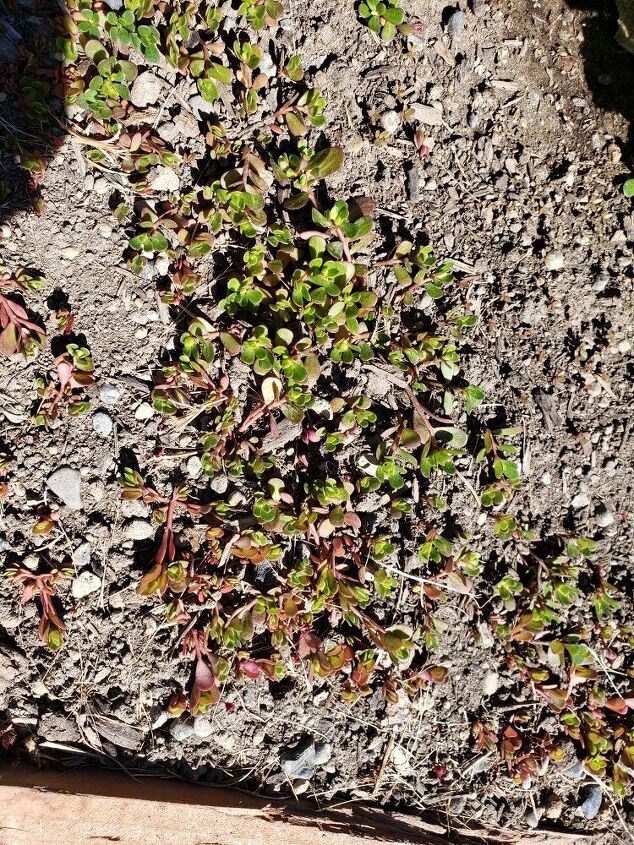
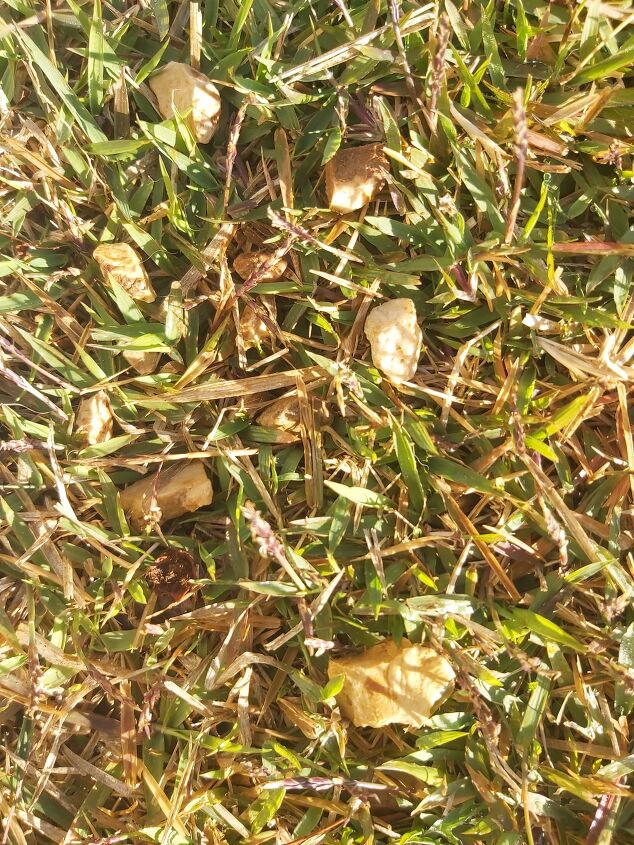
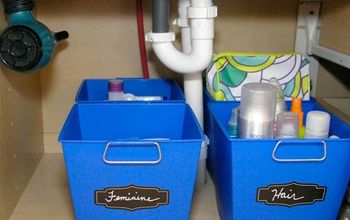
(Very simply put) Bokashi, is a wheat bran covered in beneficial microbes that stimulate the decomposition of organic waste material. It will break down organic material (ie. green and brown compost) in a matter of weeks, instead of having to wait years for this process to occur naturally. Use this product in conjunction with your own creative ideas and apply the concept to whatever plans you already have brewing! But don’t forget to throw in some good old fashion weed pickin’ hard work!
You’ll be able to transform that unsightly patch of lawn weeds into a thriving & sustainable garden that you can take pride in, utilize, and enjoy for years to come.
Dandelions are great in salad,compost bins-no seeds;chicken feed,pet rodent feed. Get rid of them by hand picking them- wetting the ground so the whole root comes out,pull them when young(easier) and never let them bloom or get seed heads
Thanks, Lynn.
The best approach to true sustainability in a garden is to plant natives. If you start with a soil test, you can select natives that are well adapted to your soil type, and will require little to no amendments or pesticides. Also, you can select host plants for native pollinators that will increase your yield of vegetable plants. Several national organizations provide lists of plants native to your area - https://www.wildflower.org/ and https://www.nwf.org/NativePlantFinder/Plants. Also, PA has a wealth of resources related to PA native plants. An organization in State College can better direct you- http://www.panativeplantsociety.org/ I encountered several nurseries in PA that exclusively sell plants native to your area and grown from seed in your area. Hopefully you do not consider native plants to be weeds.
There is a great book called Lasagna Gardening you could probably find on Amazon. It tells how to lay down a garden in a day without a lot of the back breaking work. You smother the current weeds with thick layers of wet newspaper add your layers of nutrients, like compost then the soil and plant on top of the paper basically new plants grow with the old are being smothered. Other wise I would rent a small tiller for where you want to plant and each year add new plants. Look for local perennials and "grow" your garden each year by adding new favorites. Plants can be pricey so do a little each season. Add cool borders like rock or wood to showcase an area. Choose colors maybe side area is red and pink. By the meter flowers and shrubs that have blues and purples.
When you rake leaves in the fall, start composting them, then using them for mulch...you can also use shredded bark from various (discount) garden centers to get beds started...just plant native and/or hardy in your area, keep it mulched in natural materials & after a few years you and the earthworms will have created great soil and the few weeds will pull right out! It’s better to pull the weeds, especially after a rain or when they start up in spring, rather than spray w herbicide, even though Round-up is occasionally helpful if used very carefully! (This worked in Ann Arbor MI.)
Looks like you have some great evergreen plants and walkways/beds started already.
Dandelions have very long, tough roots. What works is covering them with an old carpet or anything that stops light getting to the weeds. Eventually the weeds will be able to be dug up, as has been mentioned above, good old hard work. If any little bit of the root is left in the ground it will grow again.
Thanks, Steve, that's useful information.
Raised beds - build some simple raised beds (6-12"). Weed mat or use many layers of newspaper, fill with a mix of soil and compost (local produced compost is best - see if your city offers compost) and then plant what you like. For a truly sustainable garden plant a mix of natives and edibles. Edibles - whatever you like to eat - you can get a list of what to plant and when to plant from your ag extension agent (probably online). Natives - try planting butterfly and/or bee gardens. They will sustain native populations of birds, butterflies, and bees. Small raised beds are easy to maintain and make it easier to grow what you like. Build only one or two each season until you have what you can easily enjoy and maintain.
I usually add about a 1/2" to and 1" of compost to my veggie garden each year to maintain. Weeding has never been a problem as I tackle it when I see one and because it is a raised bed with less compacted soil, the weeds pull right out.
Using compost, native plants interspersed with edible plants, you have a very sustainable, organic garden. No chemicals, conserving local plants, birds, bees, and birds.
Good luck!
Very helpful, Ouina. Thanks!